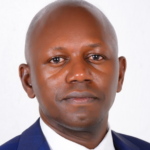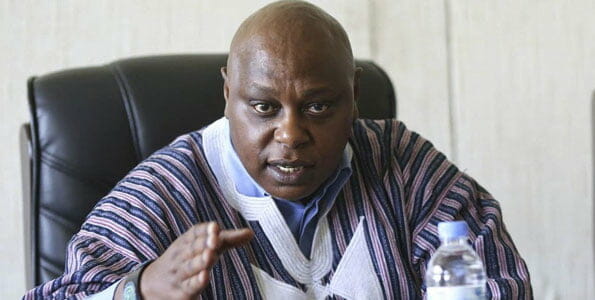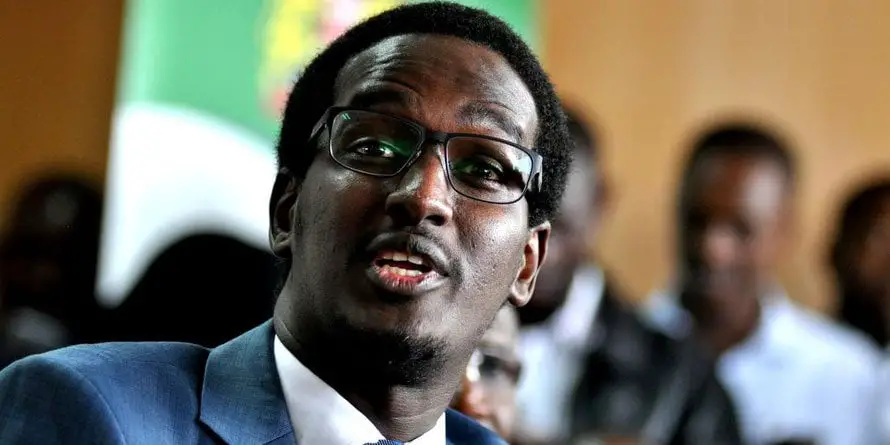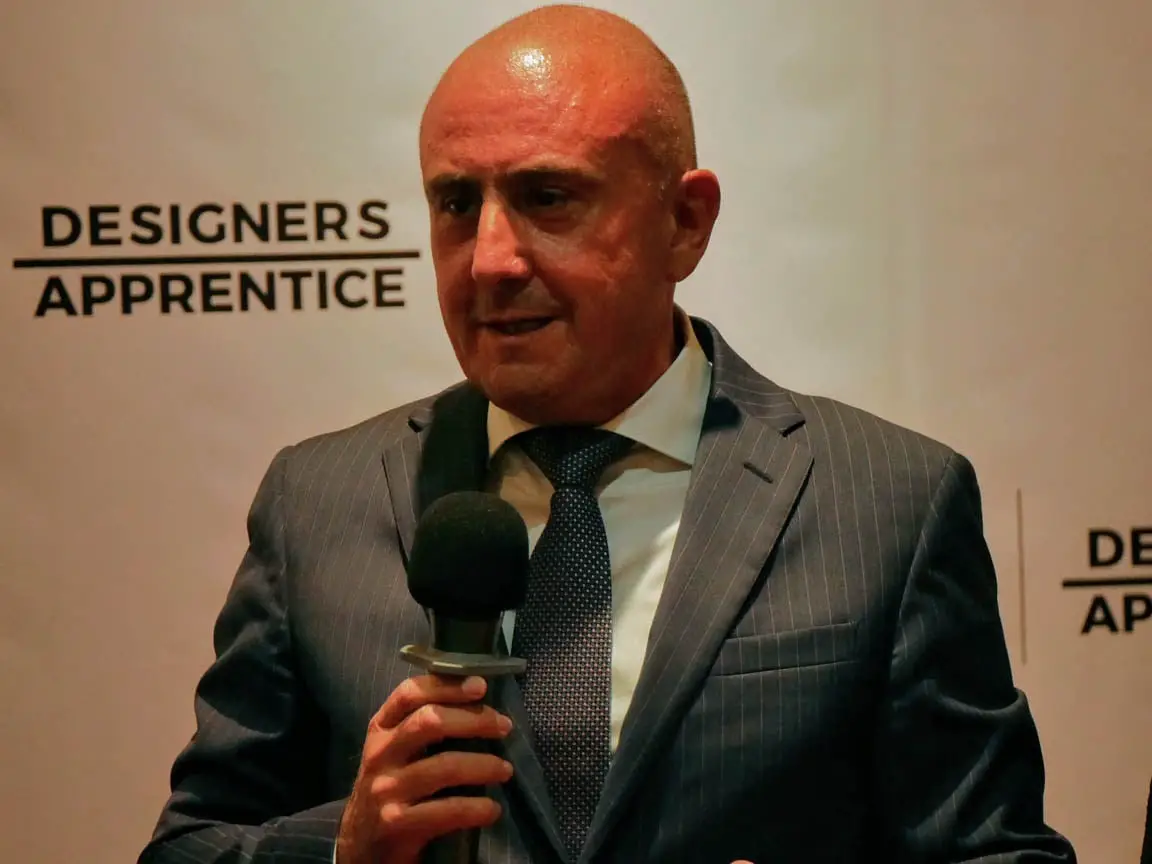An explosive forensic audit report that implicated the Board of Safaricom PLC prepared by PricewaterhouseCoopers (PWC) Kenya is gathering dust in the office of CEO Peter Ndegwa months after its publication.
Corporate analysts told cnyakundi.com that the entire board of Safaricom PLC remains complicit due to its apparent reluctance to exercise responsibility to oversee and monitor the conduct of the giant telco.
Information reaching us show that the audit was commissioned by Ndegwa a few months after he took over the office of Chief Executive. It is reliably understood that PWC Kenya undertook the forensic audit between August and December 2020 and released its comprehensive report to Ndegwa.
Michael Joseph: Where Did Money To Buy His Laikipia Ranch Come From? Another Gem From KPMG Audit
However, despite the report revealing extensive rot at the telco provider, it was established Ndegwa had failed to take any action for fear of antagonizing the Safaricom Board which is itself heavily implicated in the theft of funds and other unethical and criminal activities.
According to sources that spoke to cnyakundi.com on condition of anonymity, Ndegwa is particularly afraid to action the report because
Michael Joseph, presently Chairman & Non-Executive Director, is adversely mentioned in the explosive dossier.
Ndegwa took over from Joseph who was acting CEO from July 2, 2019, to March 31, 2020, as Safaricom was shopping for the late Bobby Collimore’s replacement.
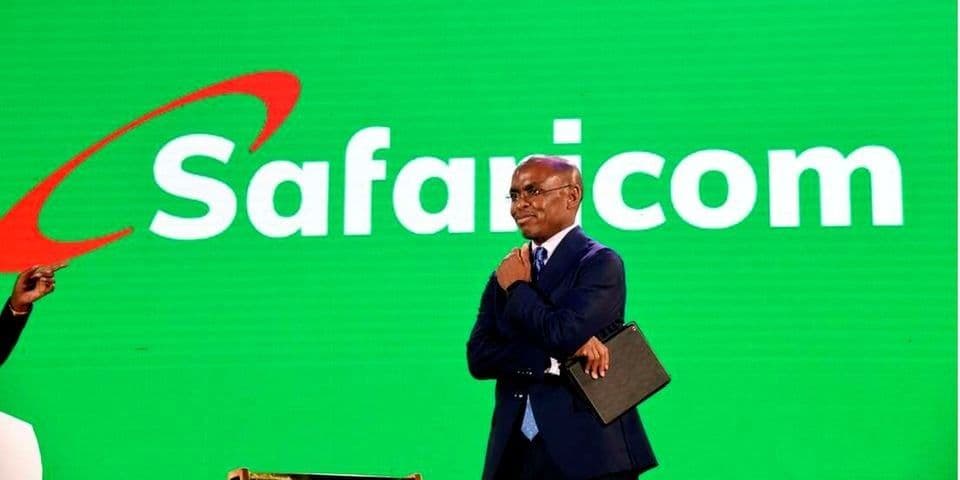
Snippets of the damning report accuse Joseph of unethical practices and abuse of office. Joseph is reported to have overpaid himself dividend amounting to Ksh150 million without providing any justification for the payment. The report recommends that Joseph be compelled to refund the over-payment but Ndegwa’s procrastination has seen him unable to present this to the Board which Joseph chairs.
The audit report also reveals that Joseph unilaterally appointed himself a highly paid “private” consultant to Safaricom in its recent bid to win a 15-year telecoms license in Ethiopia.
With Joseph privately consulting for Safaricom while acting as CEO and sitting on its board, these unethical actions clearly violated Safaricom’s board policy on conflict of interest. It means that at the end of it, Safaricom lost the potential benefits of gaining professional insights from unbiased and independently sourced consultants.
Sources intimate Ndegwa feared releasing the highly explosive PwC audit report because it would have compromised the chances of the Safaricom-led consortium winning the $850 million (Sh91.8 billion) telecoms licence to enter Ethiopia’s underserved telecoms market. Ndegwa who is still settling in as the new CEO appears, therefore, to have opted to cover up and hide the report from the public despite the serious ethical and criminal implications.
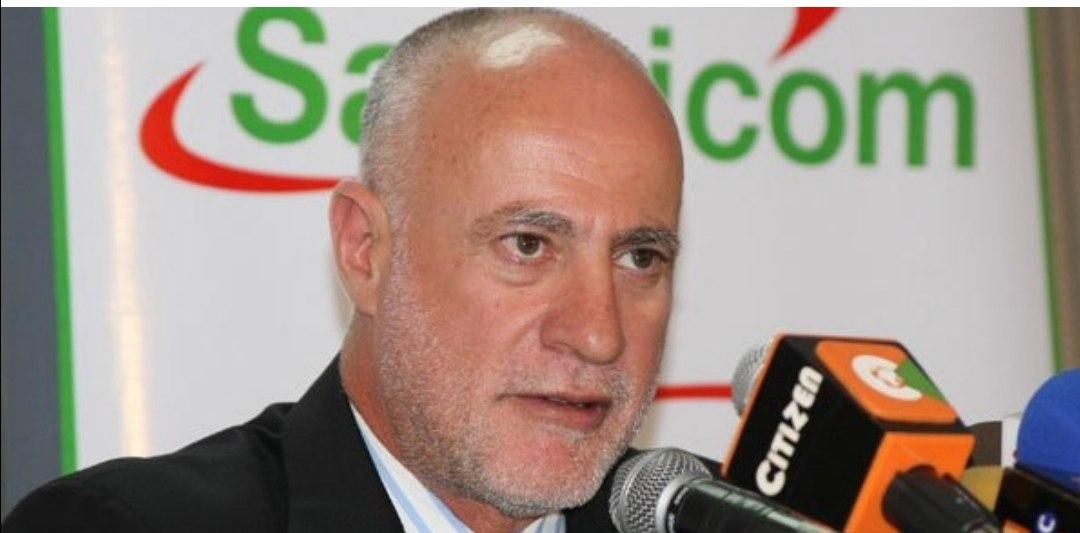
At the same time, questions are being raised on the role and failure of audit firm PwC to publicise the Safaricom audit report in the interest of the Kenyan public who are stakeholders by virtue of owning majority shares. We were unable to reach Regional Senior Partner for PwC in East Africa Peter Ngahu.
In recent years, accounting giant PwC has been fined millions of dollars in Europe and in South Africa for gross professional misconduct including distortion and covering up of financial statements and audit investigations.

These fines include £6.5m over its audit of the cloud computing firm Redcentric in 2019. The previous year PwC UK was fined £6.5m for poor auditing of collapsed department store BHS and in 2017, it was fined £5.1m for a poor audit of failed auditor RSM Tenon Group. The same year, PwC had been fined £5m for misconduct in its audit work for failed maintenance firm Connaught.

